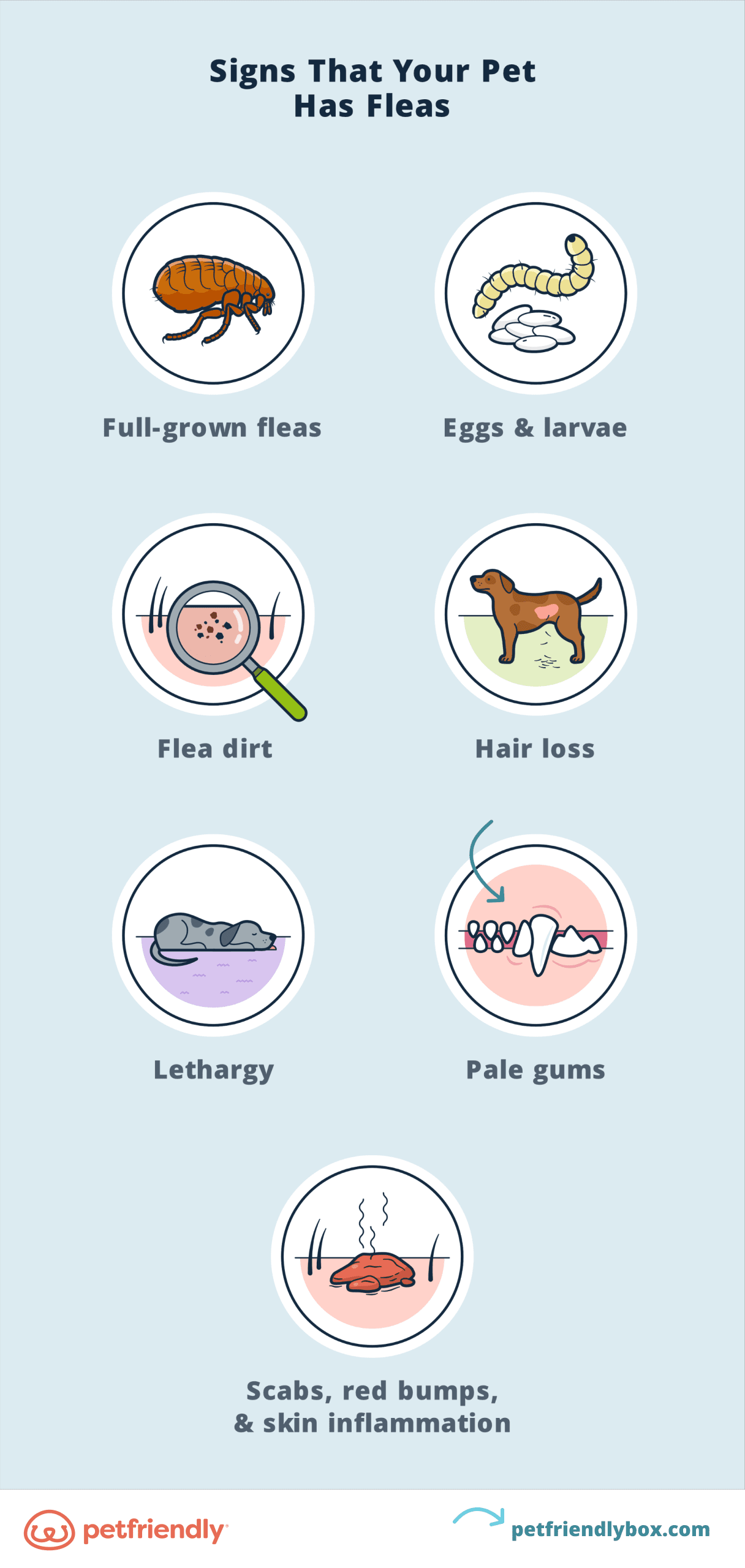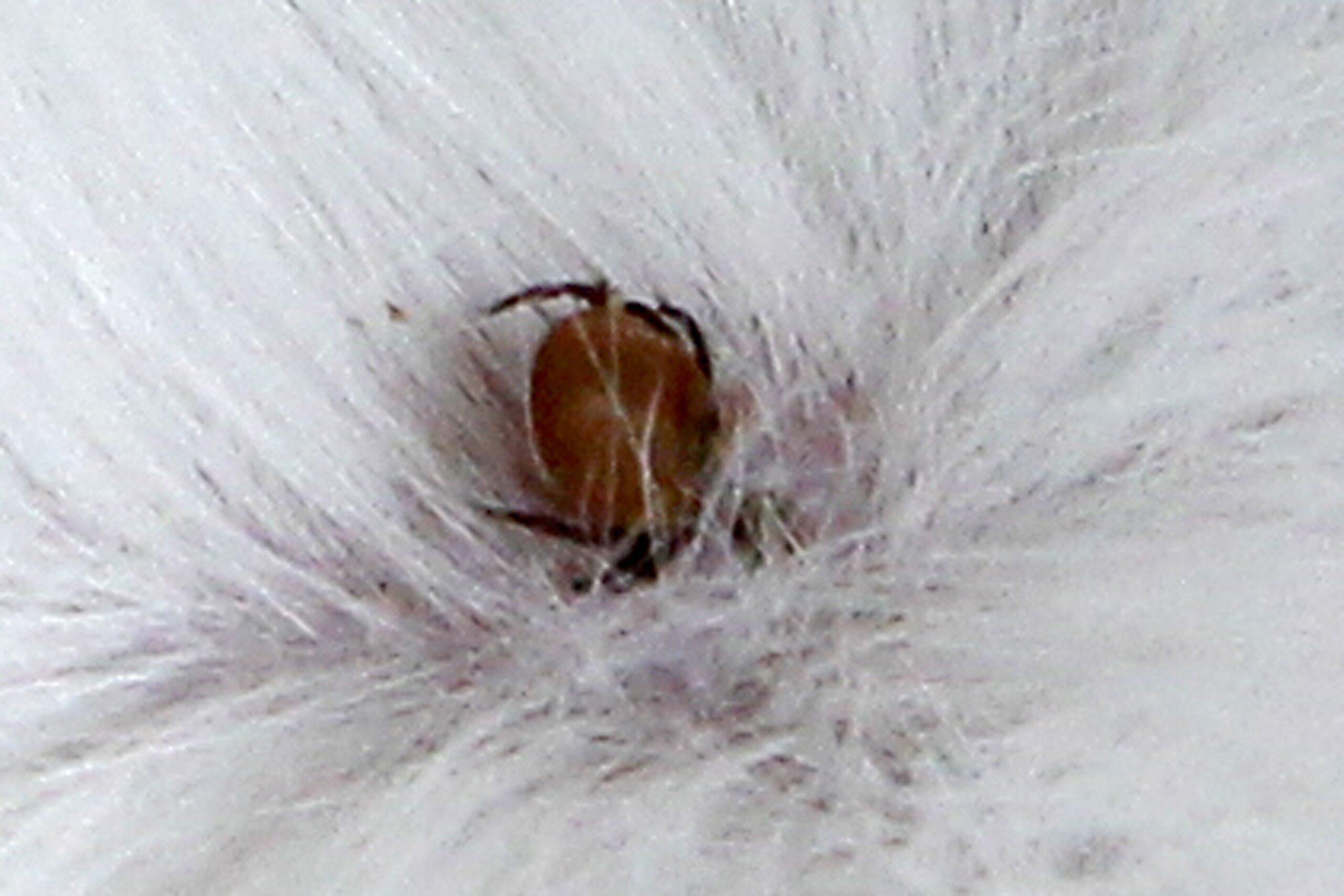Key Takeaways:
- Dogs can get worms through ingestion of contaminated feces or soil.
- Worms can also be transmitted to dogs through infected fleas, ticks, or mosquitoes.
- Regular deworming and maintaining good hygiene practices can help prevent worm infestations in dogs.
- Some common signs of worm infestation in dogs include weight loss, diarrhea, vomiting, and a dull coat.
- Consulting a veterinarian and following their recommended deworming schedule is essential for keeping dogs healthy and worm-free.
Are you a dog lover? Well, if you are, then you know just how important it is to keep your furry friend healthy and happy. But did you know that there's a hidden threat lurking out there that could harm your beloved pet? It's called worms, and they can wreak havoc on your dog's health if left unchecked. Understanding the ways dogs can get worms is essential for every responsible pet owner. In fact, did you know that 45% of dogs worldwide are affected by intestinal parasites? That's a staggering number! But don't worry, in this article, we'll explore nine ways dogs can get worms and provide you with valuable information to help protect your four-legged companion. So let's dive right in and learn how to keep those pesky parasites at bay!
What are worms in dogs and how do they get them?
Dogs can get worms, which are parasites that live in their intestines. These worms can be roundworms, hookworms, whipworms, or tapeworms. They can cause health problems for your dog if left untreated.
Dogs can get worms from other infected dogs. When a dog with worms defecates outside, the eggs or larvae of the worms can contaminate the soil. Another dog can then ingest these eggs or larvae by sniffing or licking the contaminated soil.
Roundworms
Roundworms are the most common type of worm found in dogs. They look like spaghetti and can grow up to 7 inches long in adult dogs. Puppies can get roundworms from their mother's milk or through contact with infected feces.
Hookworms
Hookworms are small and thin worms that attach to the lining of a dog's intestines and feed on blood. Dogs can contract hookworms by ingesting contaminated soil or by walking on it and having the larvae penetrate their skin.
Whipworms
Whipworms are small worms that resemble whips with a thicker front end and a thinner tail end. Dogs usually pick up whipworm eggs from contaminated soil or feces and then ingest them while grooming themselves.
Tapeworms
Tapeworms are long flat worms that live in a dog's intestines. Dogs usually get tapeworms by ingesting fleas that carry tapeworm larvae. The larvae develop into adult tapeworms inside the dog's intestines.
Dogs can catch worms from other dogs - here's how!
Dogs can catch worms from other infected dogs through various means of transmission. The most common way is through contact with contaminated feces or soil where the eggs or larvae of the worms are present.
When dogs sniff or lick the ground, they can ingest these eggs or larvae and become infected with worms. Dogs that socialize with other dogs in parks, doggy daycares, or kennels are at a higher risk of exposure to worm-infested areas.
In addition to direct contact with contaminated feces or soil, dogs can also get worms by ingesting fleas that carry tapeworm larvae. Fleas are commonly found on other dogs and in outdoor environments.
Preventing Worm Transmission
- Always clean up after your dog and dispose of their feces properly.
- Avoid letting your dog sniff or lick the ground excessively, especially in areas where other dogs frequent.
- Regularly deworm your dog as recommended by your veterinarian.
- Maintain good flea control measures for your dog to prevent tapeworm infestations.
How can a dog get worms from contaminated soil or feces?
Dogs can get worms from contaminated soil or feces when they come into contact with the eggs or larvae of the parasites. These eggs or larvae can survive in the environment for extended periods, making it easy for dogs to pick them up unknowingly.
When a dog sniffs or licks an area where infected feces have been deposited, they may inadvertently ingest the worm eggs. Additionally, if a dog walks on contaminated soil and the larvae penetrate their skin, they can develop an infection internally.
Ingestion of Eggs
When a dog ingests the eggs of worms, they can hatch and develop into adult worms in the dog's intestines. The life cycle of different types of worms may vary, but the ingestion of eggs is a common way for dogs to become infected.
Penetration through Skin
Some types of worms have larvae that can penetrate a dog's skin. This usually occurs when a dog walks on contaminated soil and the larvae come into contact with their skin. Once inside the body, these larvae migrate to the intestines and develop into adult worms.
Signs that your dog might have worms - what to look for
It is important to be aware of signs that your dog might have worms so you can seek appropriate treatment from your veterinarian. Here are some common signs to look for:
- Vomiting
- Diarrhea or bloody stool
- Weight loss despite normal appetite
- Poor coat condition
- Coughing (especially with roundworms)
- Bloated abdomen (especially with tapeworms)
- Scooting or dragging their rear end on the ground (especially with tapeworms)
If you notice any of these symptoms in your dog, it is important to consult with your veterinarian for proper diagnosis and treatment.
Can humans get worms from their infected dogs? Prevention tips!
Yes, humans can potentially get certain types of worms from their infected dogs. However, the risk is generally low if proper hygiene practices are followed. Here are some prevention tips:
- Avoid direct contact with your dog's feces.
- Wash your hands thoroughly after handling your dog or cleaning up after them.
- Prevent your dog from licking your face or mouth.
- Regularly deworm your dog as recommended by your veterinarian.
If you have concerns about potential worm transmission from your dog to yourself or other family members, it is best to consult with a healthcare professional for advice and guidance.
Common types of worms that affect dogs and the problems they cause
There are several common types of worms that can affect dogs, each causing different problems:
Roundworms
Roundworms can cause digestive issues in dogs, including vomiting, diarrhea, and weight loss. In severe cases, roundworms can lead to blockages in the intestines.
Hookworms
Hookworms can cause anemia in dogs due to their blood-feeding behavior. Dogs with hookworm infections may appear weak, lethargic, and have pale gums.
Whipworms
Whipworm infections can cause chronic diarrhea in dogs. The diarrhea may contain mucus or blood, and the dog may also experience weight loss and dehydration.
Tapeworms
Tapeworms typically do not cause significant health problems in dogs but can lead to discomfort due to itching around the anus. Segments of tapeworms may be visible in the dog's feces or on their fur near the tail area.
Tips for preventing your dog from getting worms
Preventing your dog from getting worms is essential for their overall health and well-being. Here are some tips to help prevent worm infestations:
- Maintain regular veterinary check-ups and follow your veterinarian's recommended deworming schedule.
- Keep your dog's living area clean and free from feces.
- Avoid areas with known worm infestations or where other dogs defecate regularly.
- Prevent your dog from eating wildlife or rodents, as they may carry worms.
- Practice good flea control to prevent tapeworm infestations.
By following these preventive measures, you can significantly reduce the risk of your dog getting worms and ensure their continued health and happiness.
In conclusion, dogs can get worms in various ways such as eating contaminated food or feces, coming into contact with infected animals, or through mosquito bites. It is important for dog owners to regularly deworm their pets and maintain good hygiene practices to keep them healthy and free from worms.
Can dogs get worms from grass?
Consuming worm eggs or larvae is possible for dogs if they come into contact with the soil or grass that contains these eggs. These eggs have the ability to survive for extended periods of time, even in unfavorable conditions. Dogs can accidentally ingest these eggs by sniffing or licking the ground, or by consuming dirt or grass. This can result in infection.
What food causes worms in dogs?
Both roundworms and dog tapeworm (hydatid worm) can be found on unwashed fresh produce that has been contaminated by dog feces. Dog tapeworm can also be present in contaminated meats from animals like sheep, beef, or pork that serve as intermediate hosts.
How do dogs get worms so easily?
Worm eggs can be left in the soil wherever dogs or other animals defecate, posing a risk to dogs even after the feces has been cleaned up. Additionally, certain types of worm larvae can enter the dog's body by burrowing into the skin.
What kills worms in dogs instantly?
Apple cider vinegar, also known as ACV, can be added to your pet's water. It is recommended to consult your veterinarian for the correct dosage based on your dog's size and weight. Besides its potential worm-killing properties, apple cider vinegar may also offer other health benefits for your dog, such as improving the shine of their coat.
How do I clean my yard after my dog has worms?
It is important to sanitize household surfaces and dog potty areas during an ongoing parasite infection to prevent re-contamination of the environment, people, and other animals. Make sure to thoroughly rinse the area of your yard where your dog typically goes to the bathroom with a disinfectant that is safe for outdoor use.
How do dogs act when they have worms?
What are the indications that my dog has worms? Common signs of worm infestation in dogs include coughing, diarrhea, vomiting, and lethargy. Specific symptoms may vary depending on the type of worm. For instance, if your dog has a tapeworm, noticeable signs can include sudden weight loss or the presence of rice-like particles in their feces.

















